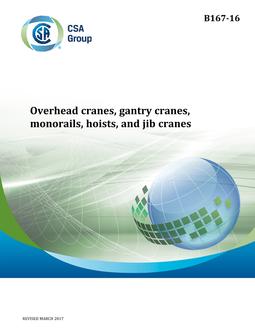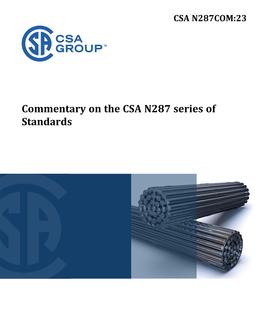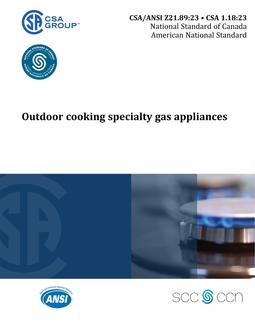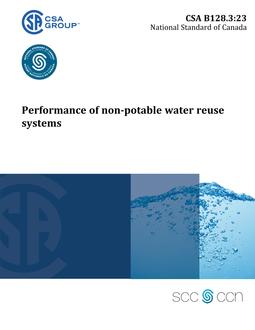
CSA B167-16
- Comments Off on CSA B167-16
- CSA
Preface
This is the fourth edition of CSA B167, Overhead cranes, gantry cranes, monorails, hoists, and jib cranes. This edition supersedes the following editions: the third edition, published under the title Overhead travelling cranes – Design, inspection, testing, maintenance, and safe operation in 2008; the second edition, entitled Safety Standard for Maintenance and Inspection of Overhead Cranes, Gantry Cranes, Monorails, Hoists, and Trolleys, published in 1996; and the first edition, entitled General Purpose Electric Overhead Travelling Cranes, published in 1964.
Scope
1.1 This Standard specifies minimum requirements for the design, inspection, testing, maintenance (including modifications and upgrades), and safe operation of a) cranes, including
- i) overhead travelling cranes; ii) jib cranes; and iii) gantry and wall cranes;
b) monorails; c) hoists; and d) other material lifting equipment having similar characteristics to the items listed above. 1.2 This Standard includes requirements for permanently installed cranes, and for permanent and movable hoists. Included are requirements for electric and air-powered hoists, and manually operated hoists. Notes: 1) In this Standard, unless otherwise specified, the terms “crane” and “hoist” are used generically to refer to all lifting devices within the scope. If a specific type of crane or hoist is being addressed, the appropriate term will be used, e.g., gantry crane, monorail, or jib crane. 2) Although there are significant differences in scale and complexity between small hoists and large overhead cranes, there are also important similarities in terms of potential hazards and the need for training. This Standard addresses common requirements for all cranes and hoists. In the case of smaller portable units, the requirements in this Standard are supplemented by references to relevant ASME standards for specific equipment. 1.3 This Standard does not include detailed design requirements for cranes and hoists. Note: This Standard contains essential information about crane design and construction, to provide a common reference and set of expectations for manufacturers, distributors, and purchasers. Detailed design requirements can be found in the North American and international standards referenced in Annex B. 1.4 The following are not covered in this Standard: a) mobile cranes and tower cranes; Note: These are covered in CAN/CSA-Z150 and CAN/CSA-Z248, respectively. b) personnel hoisting and elevating devices; Note: These are covered in ASME A17.1/CSA B44 and CAN/CSA-Z185, respectively. c) lifting equipment for a single, permanently guided load (e.g., winching mechanism for a water control gate on a dam); d) supporting building structures, including crane runways, other than obtaining confirmation of structural integrity and compliance to relevant code requirements; and Note: Refer to provincial/territorial building codes, and to CSA S16. e) below-the-hook lifting devices, slings and rigging hardware, except as they relate to operator training. Note: Below-the-hook equipment is addressed in other ISO and ASME Standards. 1.5 In this Standard, “shall” is used to express a requirement, i.e., a provision that the user is obliged to satisfy in order to comply with the standard; “should” is used to express a recommendation or that which is advised but not required; and “may” is used to express an option or that which is permissible within the limits of the Standard. Notes accompanying clauses do not include requirements or alternative requirements; the purpose of a note accompanying a clause is to separate from the text explanatory or informative material. Notes to tables and figures are considered part of the table or figure and may be written as requirements. Annexes are designated normative (mandatory) or informative (non-mandatory) to define their application.
Product Details
- Edition:
- 4th
- Published:
- 11/01/2016
- ISBN(s):
- 9781488303937
- File Size:
- 1 file , 2.8 MB
- Redline File Size:
- 2 files , 8.9 MB
- Product Code(s):
- 2424736, 2425080, 2424736, 2424736



